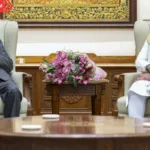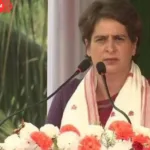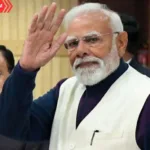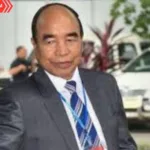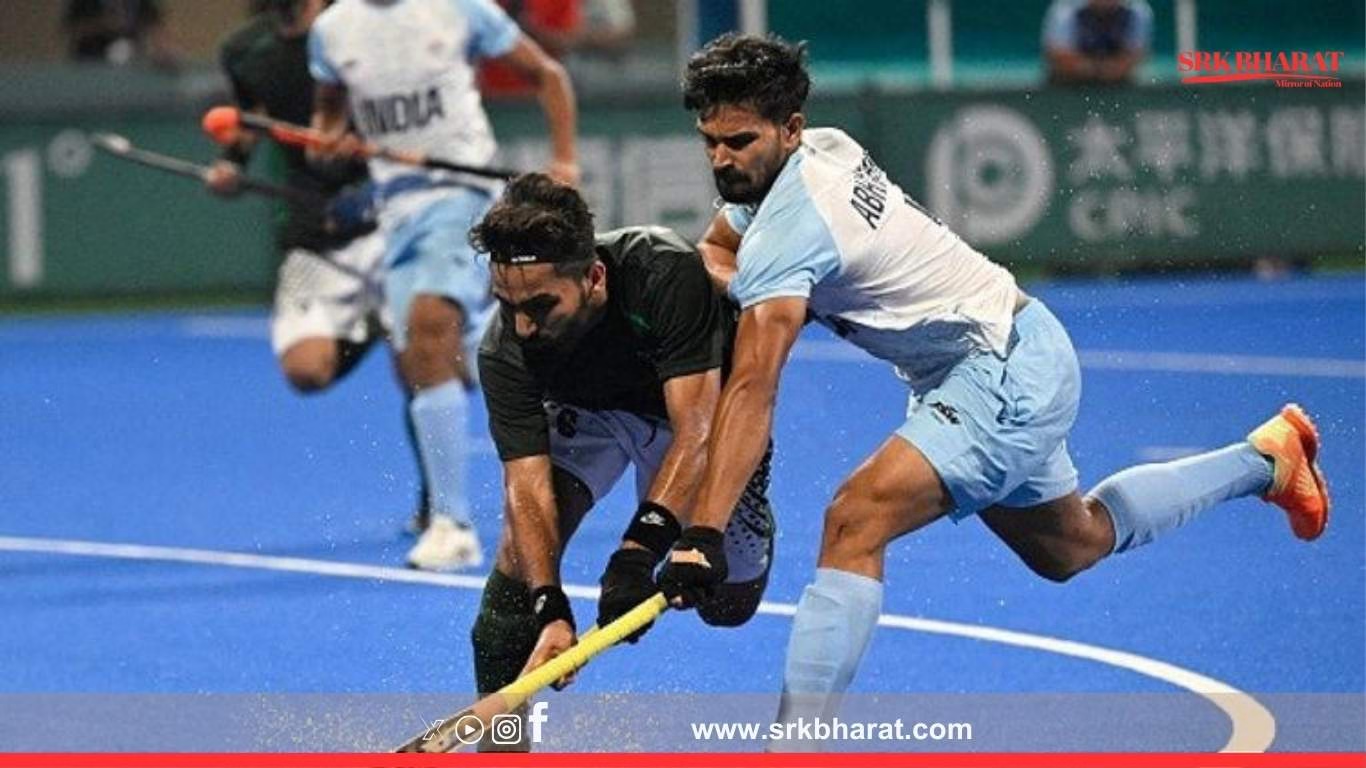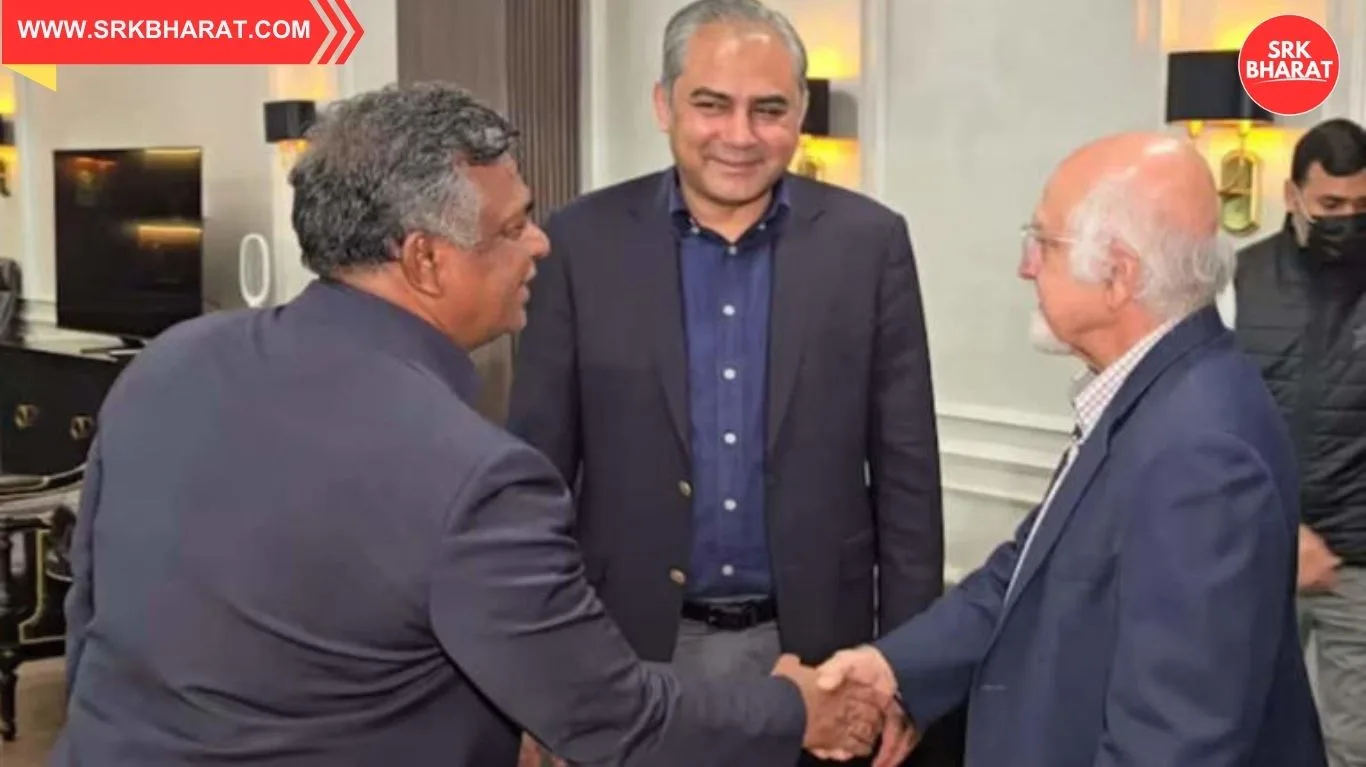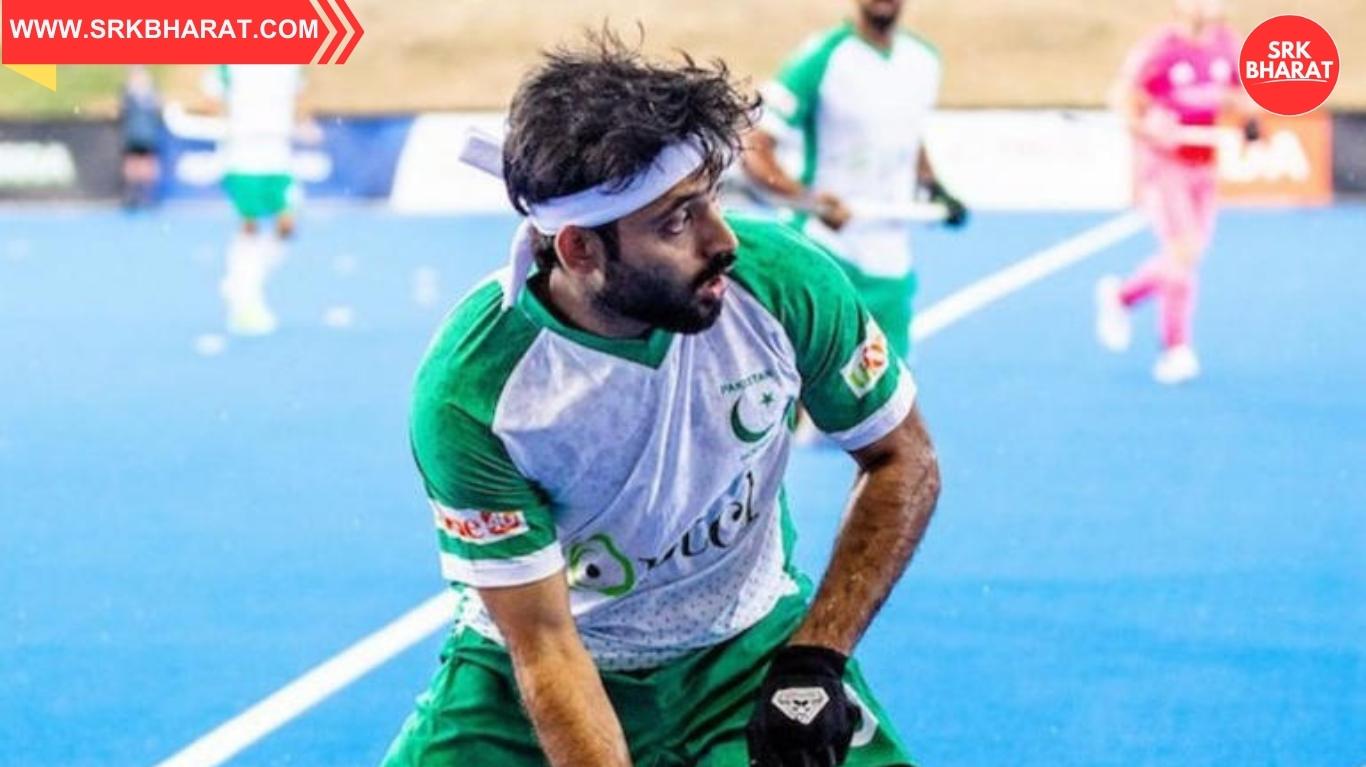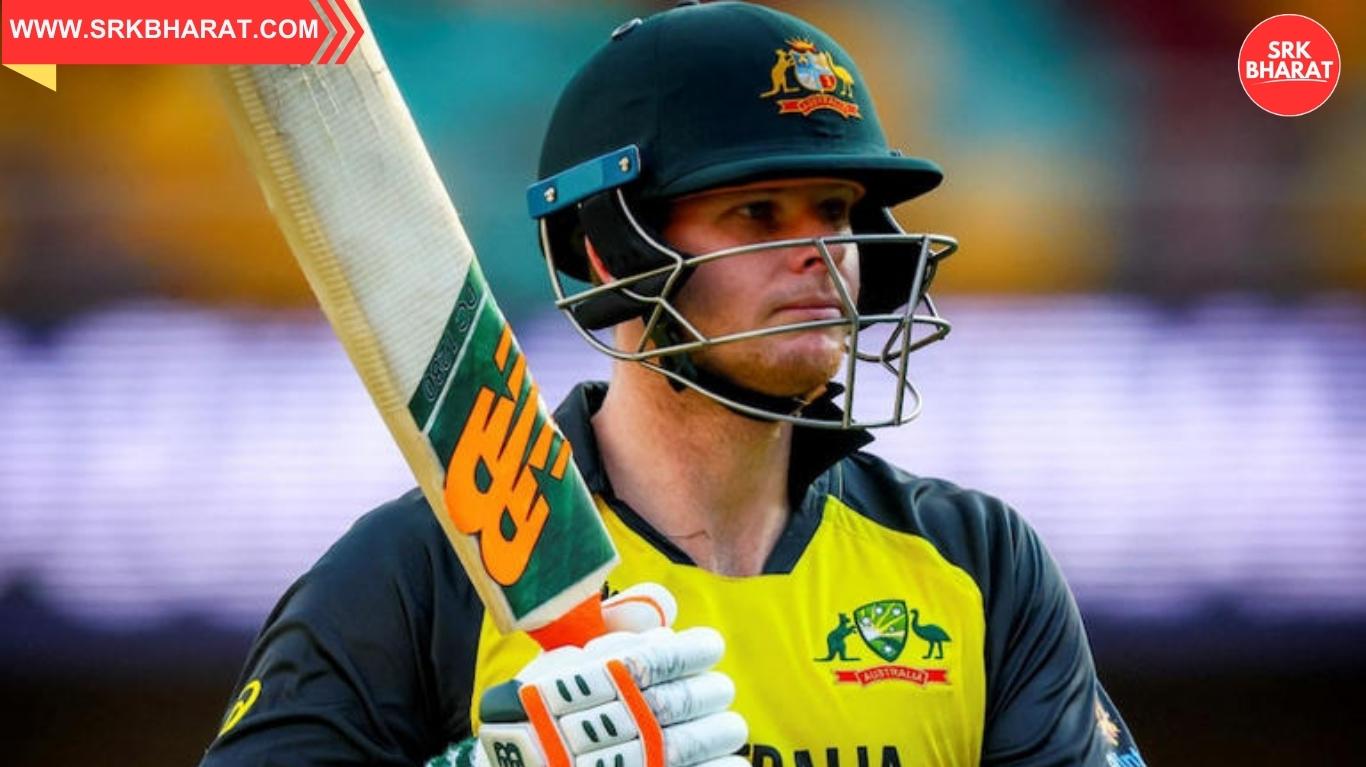In a significant setback for the sport, Pakistan’s national men’s hockey team and junior team have been blocked from participating in the upcoming Asia Cup 2025 and Junior World Cup tournaments scheduled to be held in India. This development has sparked intense debate within sporting, diplomatic, and geopolitical circles across South Asia, with critics branding Islamabad’s decision as a “sympathy strategy” to attract international attention towards its internal crises while escalating tensions with India.
Background Of The Decision
The Pakistan Hockey Federation (PHF) announced on Thursday that the senior men’s team will not travel for the Asia Cup in Chennai and the junior team will skip the FIH Junior World Cup slated later this year in Bhubaneswar. Officially, PHF cited “security and administrative concerns” as reasons. However, multiple former players, analysts, and geopolitical commentators believe the move is part of a broader state strategy to leverage sports for diplomatic messaging.
Why Critics Call It A ‘Sympathy Strategy’
Political analysts argue Pakistan is deploying a “sympathy strategy” to deflect attention from its ongoing economic struggles, IMF negotiations, internal political instability, and international isolation.
Key Elements Of The Strategy:
- Portraying Victimhood: By withdrawing from tournaments in India, Pakistan amplifies its narrative of being wronged or targeted, attempting to garner sympathy within Islamic bloc allies and global forums.
- Redirecting Domestic Attention: With inflation at record highs and IMF conditionalities biting, highlighting external hostilities serves as a unifying diversion for domestic audiences.
- Leveraging Sporting Isolation: The strategy aims to pressure sporting federations and bodies like the FIH and AHF to question India’s hosting rights, thereby internationalising bilateral tensions.
Impact On Pakistan Hockey
The decision is a severe blow to Pakistan’s struggling hockey program, once a global powerhouse with four World Cup titles and three Olympic golds. Former captain and legend Shahbaz Ahmed told local media:
“Pulling out from Asia Cup and Junior World Cup will damage the morale of young players. We are already struggling to regain lost glory. This will push us back by years.”
Asia Cup 2025: What Pakistan Misses
| Event | Venue | Dates | Significance |
|---|---|---|---|
| Men’s Asia Cup | Chennai, India | August 2025 | Continental championship and qualifier for 2026 World Cup |
Participation in the Asia Cup was crucial for Pakistan not only for rankings and qualification but also to test its team ahead of the global hockey calendar revamp from 2026.
Junior World Cup 2025: Youth Development Halted
| Event | Venue | Dates | Significance |
|---|---|---|---|
| FIH Junior World Cup | Bhubaneswar, India | November-December 2025 | U-21 global tournament vital for talent pipeline development |
For a country struggling to invest in grassroots hockey infrastructure, missing the Junior World Cup will directly affect Pakistan’s next generation of international players.
Reactions From The Global Hockey Community
Asian Hockey Federation
The Asian Hockey Federation (AHF) expressed disappointment, stating:
“We regret Pakistan’s decision. Players’ careers and continental sports growth should remain above political considerations.”
FIH President Tayyab Ikram (of Pakistan origin)
Despite his nationality, Ikram emphasised:
“FIH remains committed to inclusive tournaments. We urge national federations to prioritise athlete interests.”
India’s Response
The Hockey India leadership declined to comment officially, but federation insiders indicated that no communication was received from PHF seeking clarifications on security arrangements. India has hosted multiple global tournaments, including the 2023 Hockey World Cup, without incident.
Geopolitical Context Behind The Withdrawal
The decision coincides with:
- Tense diplomatic ties following cross-border ceasefire violations.
- Islamabad’s criticism of India’s engagements with Afghanistan and Iran.
- Pakistan’s increasing strategic convergence with China, Turkey, and Russia in recent months.
- Economic meltdown, with rupee depreciation, rising fuel costs, and IMF loan conditionalities leading to public discontent.
Sports As A Geopolitical Tool
Experts highlight that while sports boycotts have been used globally as pressure tactics (e.g. US-Soviet Olympic boycotts), using it for internal political management is counterproductive for athlete development.
Former Olympian Samiullah Khan’s View
“In my playing days, hockey united South Asia. Today it is being used as a pawn in geopolitical games. The losers are our youth.”
Public Reaction In Pakistan
- Players: Disappointed over losing global exposure
- Fans: Divided; some support the boycott citing national pride, others criticise it as self-defeating
- Media: Highlighting it as another example of sport suffering under political considerations
Possible Long-Term Consequences For Pakistan Hockey
- FIH Ranking Drop: Non-participation will lead to immediate ranking points deduction.
- Sponsorship Woes: Sponsors remain reluctant if teams lack global exposure.
- Youth Exodus: Rising trend of players seeking European leagues for growth may accelerate.
- Isolation From Continental Hockey Growth: While India, Japan, Malaysia, and Korea modernise programs, Pakistan risks lagging behind further.
Is There A Way Forward?
Analysts argue that rejoining continental tournaments and decoupling sports from bilateral politics is the only path to revive Pakistan’s once-mighty hockey legacy. However, such decisions will depend on the domestic political leadership’s willingness to insulate sport from strategic posturing.
Conclusion
Pakistan’s decision to block its men’s and junior hockey teams from participating in the Asia Cup 2025 and Junior World Cup in India reflects a deeper sympathy-driven geopolitical strategy, but at the cost of athletes’ dreams and national sporting aspirations. As sporting and diplomatic communities express concern, the larger question remains: Will politics continue to overshadow the spirit of sportsmanship in South Asia, or will pragmatism prevail to protect the region’s sporting future?
Disclaimer: This news content is based on official announcements, athlete interviews, and geopolitical analysis. It does not constitute political advice or official federation positions. Readers are advised to refer to their respective sports bodies for verified tournament participation updates.

